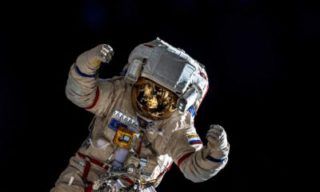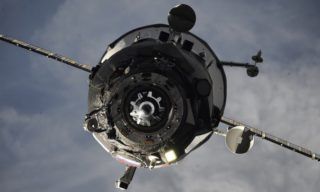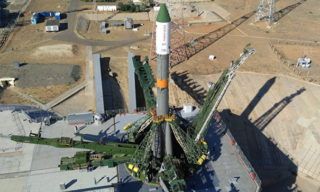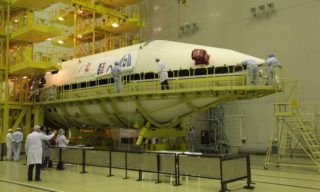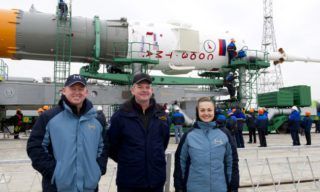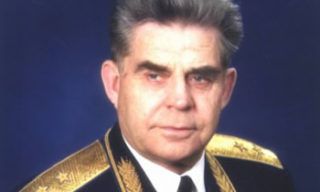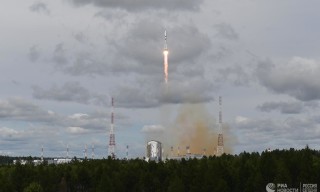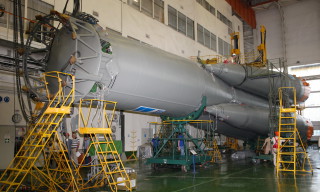The second stage of the Russian Orbital Station (ROS) is planned to be carried out in 2031-2033, reported Alexander Bloshenko, executive director of Roscosmos for advanced programmes and science.
‘From 2031 to 2033 it is planned to further expand the configuration of this station by docking two more modules for scientific and applied research,’ Bloshenko said at a meeting of heads of space agencies of BRICS countries, Interfax reported.
On 13 May, Russian First Deputy Prime Minister Denis Manturov said that funding for the creation of ROS will begin in 2024. Earlier, Roscosmos announced the approval of the preliminary design of the ROS. The Russian orbital station is designed to become the base of our country’s manned cosmonautics after the completion of the International Space Station. The developer of the preliminary design and the creator of the station is RSC Energia named after S.P. Korolev (part of Roscosmos).
As ROS chief designer Vladimir Kozhevnikov told, one of the key features of the future station is an open modular architecture. The design is based on a node module with six docking ports to which other modules are attached. If any of them exhausts its resource, it can be taken out of orbit and replaced. With proper logistics, the station’s service life can be extended for decades – as needed.
Another important point is the polar orbit in which the station will fly around the Earth. The ISS has an orbital inclination of less than 52 degrees, and the new station is planned to have an inclination of up to 97 degrees. This will give an overview of the entire Earth surface, including the Northern Sea Route, which is strategically important for our country.
The first stage of ROS formation is scheduled for 2027-2030. First, the scientific-energy, nodal and airlock modules will be sent into space, then the base module will be launched, which will take over the control functions of the station. Then the station development will be continued by the special purpose modules.





